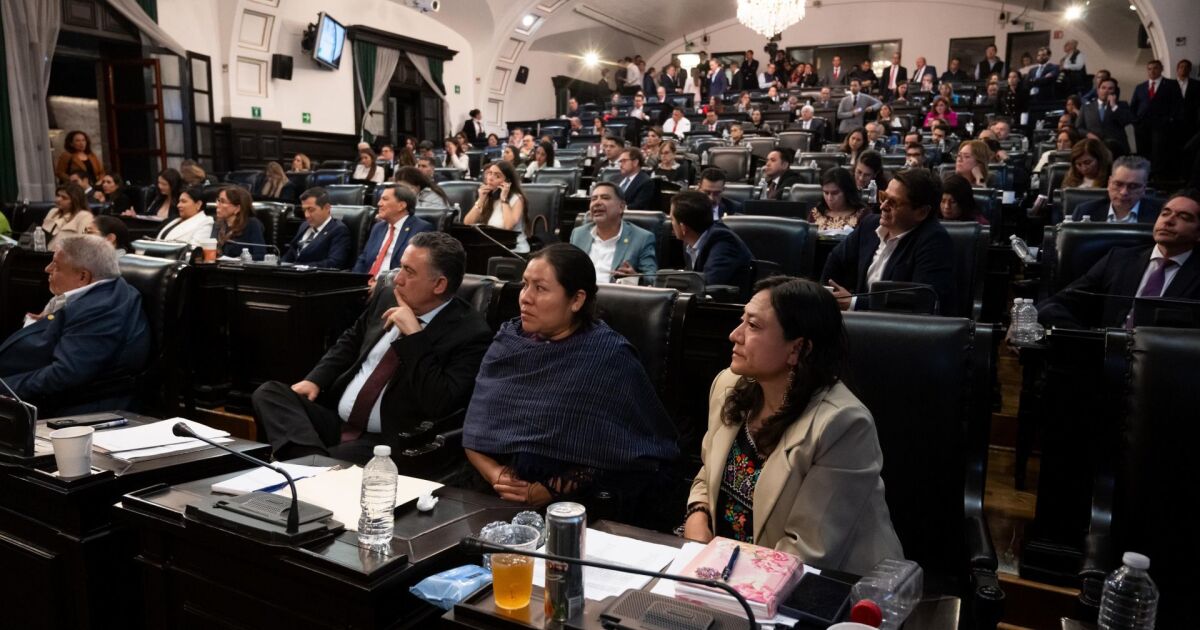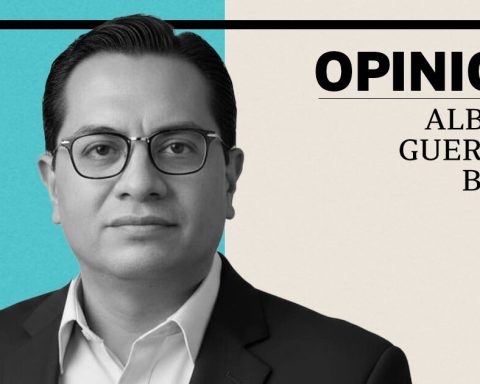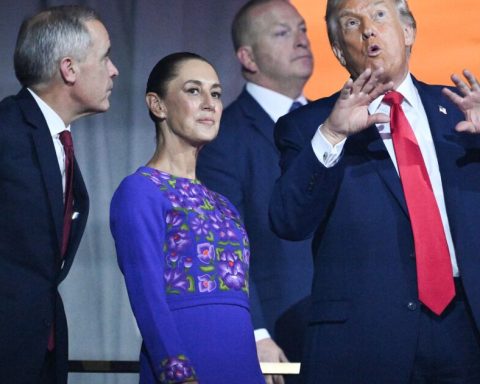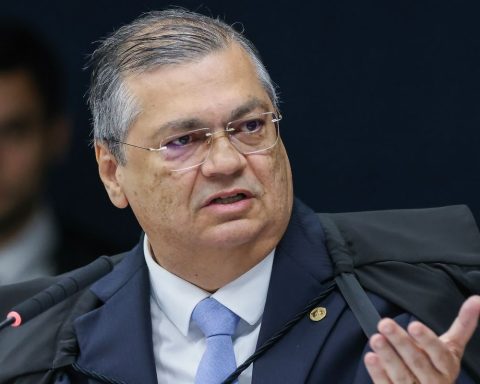✅ With 86 votes in favor and 41 against, the general and non-reserved articles of the opinion that modifies the Political Constitution of the United Mexican States are approved, in terms of #JudicialReform.
— Senate of Mexico (@senadomexicano)
September 11, 2024
Following the protests in the Senate Chamber, in the Antigua Casona de Xicoténcatl, senators from all parliamentary groups held a debate on the reform of the Judicial Branch, and stated their position regarding the proposal.
To prevent protesters from gaining access again, the streets surrounding the venue were guarded by police from the Mexico City Security Secretariat.
Miguel Ángel Yunes Márquez, from the PAN, spoke in favor of the ruling, “since it seeks to establish a new model for the administration of justice”; in addition, he said, it does not limit any of the freedoms of democracy or the rights that comprise it. His vote was decisive for Morena and its allies.
Senator Miguel Ángel Yunes Márquez announced that he will vote in favor of the Judicial Reform ruling. He concluded his speech by stating that: “He who acts in accordance with his principles does not betray.”
📹: YT/ Senate of Mexico pic.twitter.com/Sca5zYu7eh
— Political Expansion (@ExpPolitica)
September 11, 2024
During this session, Luis Donaldo Colosio Riojas denounced an attack in the parliamentary building on Paseo de la Reforma, an incident that was condemned by the President of the Board of Directors, Gerardo Fernández Noroña.
Opposition legislators joined together to denounce the arrest of the father of the MC member Daniel Barreda, and even took the floor. In response, the president of the Senate, Gerardo Fernández Noroña, said that the PAN, PRI, and PRD were seeking to “sabotage” the session.
Amid cries of “resistance, resistance” from opposition lawmakers, the president of the Upper House blamed them for being responsible for allowing protesters into the Senate of Reforma.
“(The opposition) intends to obstruct and they will not succeed, even in this uproar, we will continue with the session. (…) Once again, they are obstructing the session. First, you should be in your seats and not in this place. We have respected your interventions and you are not respecting this plenary session,” said Fernández Noroña.
For Movimiento Ciudadano, Clemente Castañeda Hoeflich said that his party attended the session under protest, “with deep indignation and with all the desire to express to the people of Mexico our solidarity,” since, he added, this reform only seeks to inaugurate “a constitutional autocracy.”
Alberto Anaya Gutiérrez, from the Labor Party (PT) bench, said that the people of Mexico supported the project of the coalition “Together we will make history” at the polls, since they were given the majority in Congress.
Luis Alfonso Silva Romo, from the Green Party, said that this “far-reaching reform” will guarantee the autonomy, independence and professionalization of the judicial bodies.
Carolina Viggiano Austria, from the PRI, said that this constitutional reform is an “attempted coup d’état plotted by the Executive Branch,” and that it does not affect prosecutors, public ministries, police corporations, public defenders or any operator of the justice system.
(Photo: Cuartoscuro)
What is the reform about?
Although this reform was modified in the Chamber of Deputies, the essence remained the same: there will be a popular election in 2025, all the ministers of the SCIN will leave and the entire Judicial Branch will subject its income to the income limit of whoever occupies the Presidency.
The Judicial Reform establishes that the Supreme Court of Justice of the Nation (SCJN) will be entirely dismissed to make way for ministers elected at the polls in 2025.
Meanwhile, judges and magistrates will be relieved in a gradual and staggered manner: half of them next year, and a public raffle or selection will decide whether their position will be put to the ballot or not.
The reform of the Judicial Branch is one of the most controversial initiatives presented by President Andrés Manuel López Obrador on February 5.
















